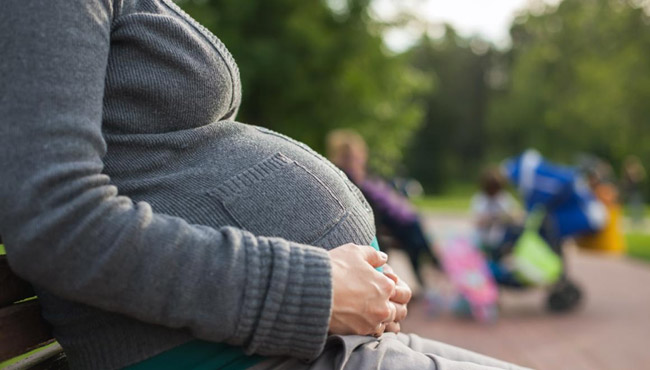
In a recent paper published in the Journal of Development Economics, researchers Professor Marco Manacorda (Queen Mary University of London) and Dr Martin Foureaux Koppensteiner (University of Leicester) focused on evidence from the exposure of day-to-day violence in Brazil by analysing the birth outcomes of children whose mothers were exposed to local violence, as measured by homicide rates in small Brazilian municipalities and the neighbourhoods of the city of Fortaleza.
The team estimated the effect of violence on birth outcomes by comparing mothers who were exposed to a homicide during pregnancy to otherwise similar mothers residing in the same area, who happened not to be exposed to homicides.
The study found that birthweight falls significantly among newborns exposed to a homicide during pregnancy and the number of children classified as being low birthweight increases — and that the effects are concentrated on the first trimester of pregnancy, which is consistent with claims that stress-induced events matter most when occurring early in pregnancy.
The study found:
One additional homicide in small municipalities during the first trimester leads to a reduction in birthweight of around 17g
Considering the birth weight classification, one extra homicide leads to an increase in the probability of low birthweight by 0.6 percentage points, an 8% increase compared to baseline
Results for the neighbourhoods of Fortaleza, where homicides are much more frequent, are considerably smaller (around 15% of the effects for small municipalities), which is consistent with the interpretation that violence is more stress inducing when they are rare
Because of the endemic levels of violence in Fortaleza, the team’s calculations show that homicides can account for 1% of the incidence of low birthweight and 3.5% of the incidence of very low birthweight.
Dr Martin Foureaux Koppensteiner from the University of Leicester’s Department of Economics explained: “We provide evidence that these effects on birthweight are driven by prematurity rather than growth retardation of full lengths pregnancies, in line with evidence from the medical literature.
“As the mothers examined in the study are likely to live in very similar environments, by exploiting the precise timing of the occurrence of homicides we are able to disentangle the causal effect of homicides from other correlated effects that may otherwise bias these estimates.
“This study used modelled data, which is one of the ways that we can predict causal relationships.
“We also find that socio-economic factors, such as the mothers’ low level of education appear to amplify the adverse consequences of violence on birth outcomes, implying that violence compounds the disadvantage that newborns from low socio-economic status already suffer.”
Professor Marco Manacorda added: “Our results have the potential to generalize to other settings where violence is endemic, as is true for many middle and low-income countries in Latin America and Africa. The results presented shed light on the additional cost of violence, largely ignored previously, in these countries.”
The study was supported through a grant by the Inter-American Development Bank under the aegis of the programme ‘The Cost of Crime in Latin America and the Caribbean’.
